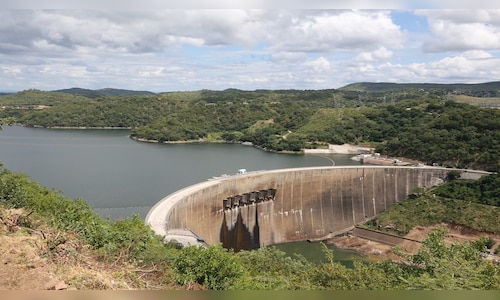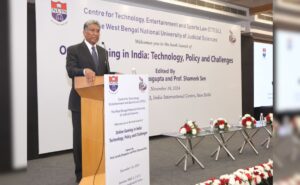
The Union Power Ministry has asked states not to levy any free power requirement on pumped storage projects (PSPs). The Confederation of Indian Industry (CII) views this as contrary to the usual practice of allocating a percentage of generated electricity to the home state at no cost, which CII sees as a key policy measure for promoting the energy storage sector—critical for ensuring round-the-clock power from renewable energy.
At a workshop on India’s clean energy storage outlook, Additional Secretary at the Power Ministry, Srikant Nagulapalli, explained that recent discussions with state representatives suggested a shift from financial to economic analysis for PSPs.
He also confirmed that tenders for battery energy storage systems (BESS) would be issued next year under the Viability Gap Funding (VGF) scheme. The Central Electricity Authority is reviewing 60 GW of storage projects, expected to be commissioned in the next six to eight years.
During the workshop, CII released a report on “India’s Outlook on Clean Energy Storage: A Roadmap to Net Zero”, which examined the current state, challenges, and prospects of energy storage in India’s renewable energy landscape. The report analysed various storage technologies like flow batteries, compressed air energy storage (CAES), flywheels, and thermal energy storage (TES), emphasising their role in the storage mix.
Vikram Handa, Chairman of the CII Initiative on Clean Energy Storage System, highlighted that flexibility, efficiency, and low operating costs could drive a 12-fold growth in the energy storage market by 2030. However, he also pointed out challenges such as high capital costs and raw material vulnerabilities affecting the supply chain.
The CII report has recommended:
1. VGF coverage for over 40% of capital costs for BESS projects
2. Tax holiday for projects involving standalone BESS charged with renewable energy, storage coupled with transmission elements, and storage integrated with renewable plants
3. Uniform reduction of GST to 5% across all advanced battery chemistries to facilitate large-scale deployment and reduce overall system costs
4. Double taxation on electricity duty (ED) and cross subsidy surcharge (CSS) should not be applied to the input power used for charging ESS, as these systems are merely facilitating energy conversion
(Edited by : Sheersh Kapoor)



